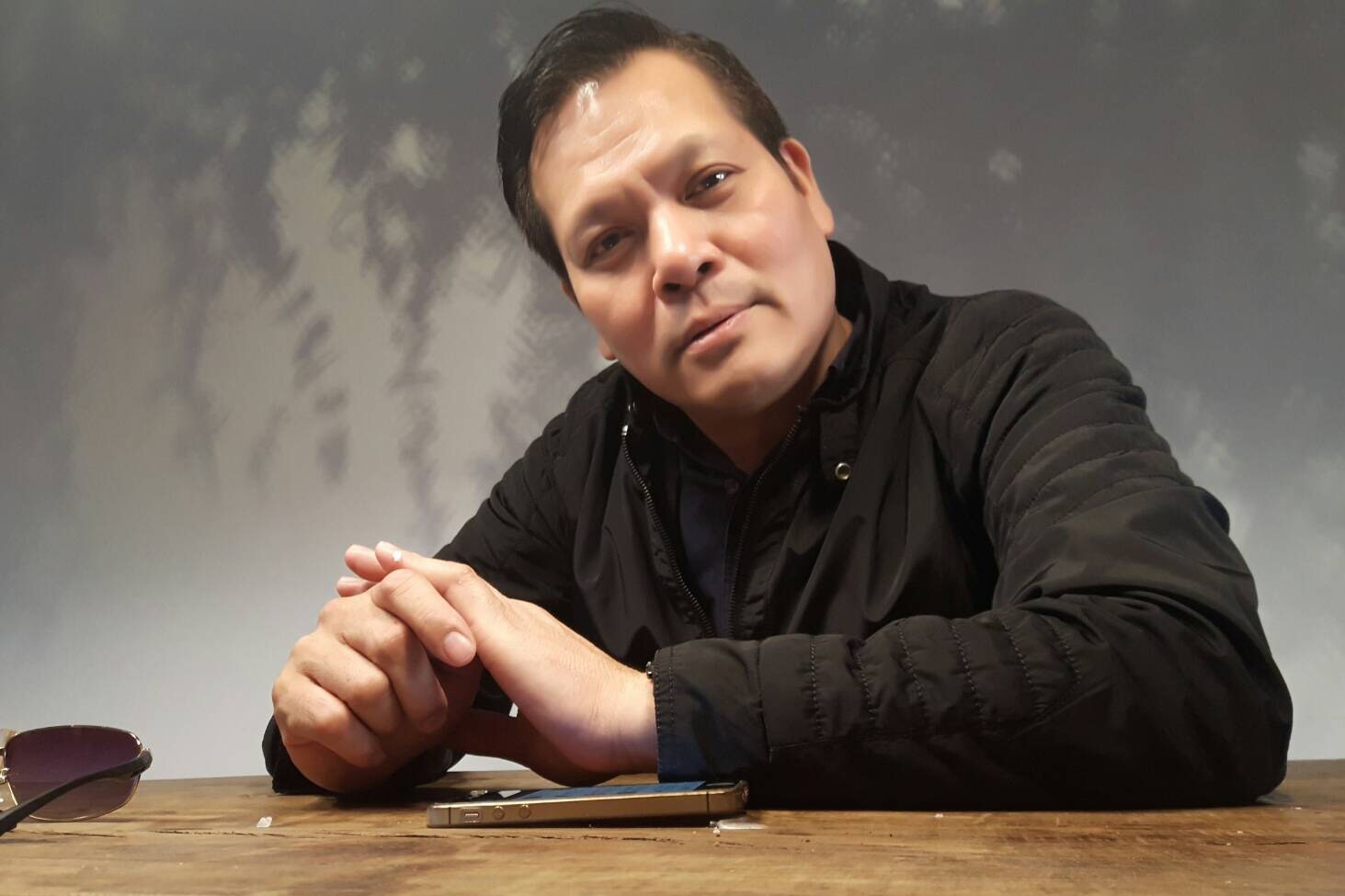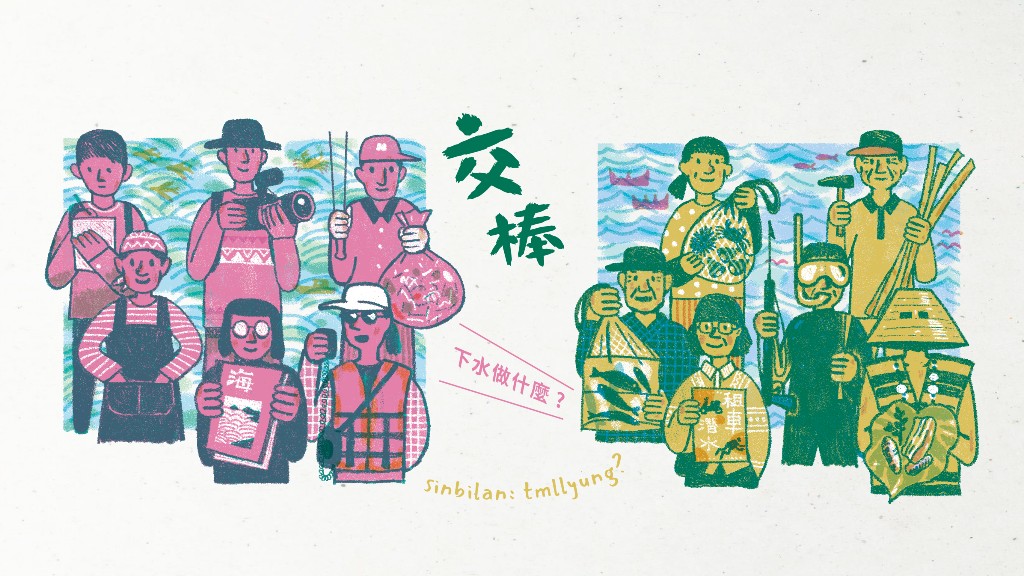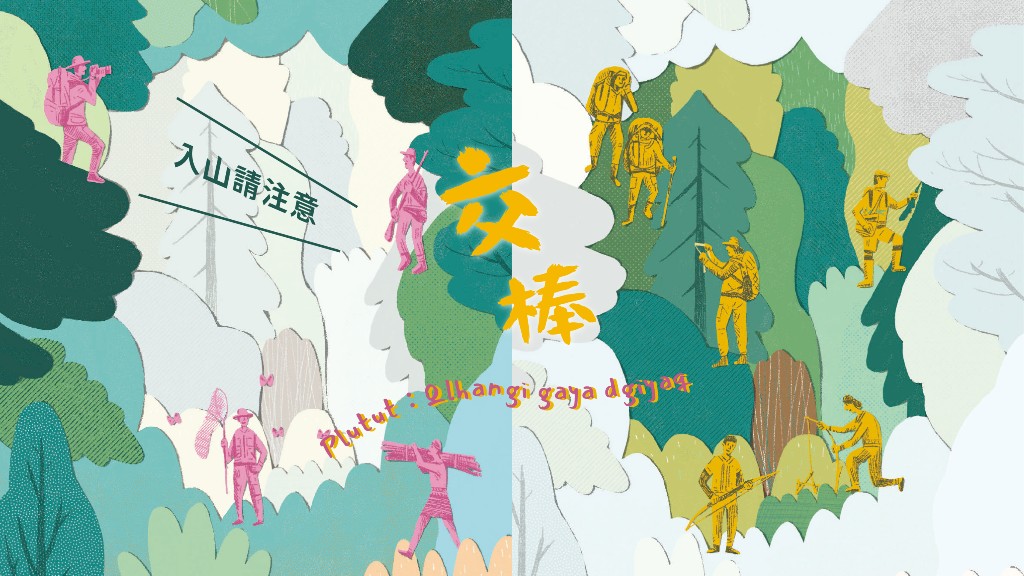For historians, the biggest challenge they face in their research is the diverse cultural backgrounds of their subjects, including faith, attitudes and mindsets, values, and others. Current history is mostly based on literature and evidence. To give an example, if we are researching the role the US plays in the world, we should consider America's participation in international conflicts and how they changed their traditional isolationism stance to supporting wars overseas in this century to protect the business interests of the US. Traditionally, historical records were written as appropriate examples or models for the later generations. Critical and honest documentations expose the mistakes, failures, weaknesses, and crimes in each historical event, even the most significant ones. History is second-hand knowledge of life; yet even though it is second-hand, it still has its value.
If we look into the long history of indigenous peoples, we often passively think that because Taiwan's indigenous peoples did not have written languages in the past, so the only important literature and evidence for history, culture, and memories and experiences are the content passed down orally by our elders. Actually, historians are like the media. When they observe an incident, they have to maintain certain distance so that they can clearly see the whole picture, and be more objective when documenting the event. German philosopher Weber believed that the people, event, or issue we choose as subjects may change due to different time and space. History is connected to our values. We study a certain period of history because we can find these values in it, because when the people involved in the historical event pass along data to historians, the data are often distorted since it has been transferred through many eras, spaces and cultures. Dutch historian G.J.Reiner once wrote, "history is the story of people's life experiences in society."
All narratives must have a basic background, must describe and explain the event to help the reader understand what the story is about, and emphasize that economy and social trends and situations sometimes force their way into the story. For Hobsbawm, he believes that the trend of history development is change, therefore the most successful sociological (or social anthropology) theory construction is to remove all historical elements. Nevertheless, they will still continuously face changes in history. Roland Barthes pointed out that historical narratives have declined, and since then the foundation of history has been based on how easily it can be understood, and not on actual reality. Furthermore, history is transmitted through media. If we look back in history, in the history of Taiwanese indigenous people, there were not many documentation or descriptions. It is possible some precious data were not properly kept. However, after the 80s, we see an emergence of works regarding the history of Taiwan indigenous people, and our subjective narratives have increased.
In this issue, we collected our peoples' history and mythical stories. Every detail was dealt with carefully, so that they would not offend or affect our peoples' mindset and values. We hope to preserve valuable historical literature and data for the sixteen Taiwanese indigenous peoples. When looking back into historical description and explanation, it is crucial to make them logical. Of course, when we collect data about past history from field research and interviews, it is inevitable that the writers' perspectives would affect documentation and interpretation. As a media responsible for transmitting ethnic culture, attitude is key when compiling the mass volume of trivial data. And we ask our readers not to hesitate to let us know if there are any improvements that can be made.
Chairperson, Indigenous Peoples Cultural Foundation








